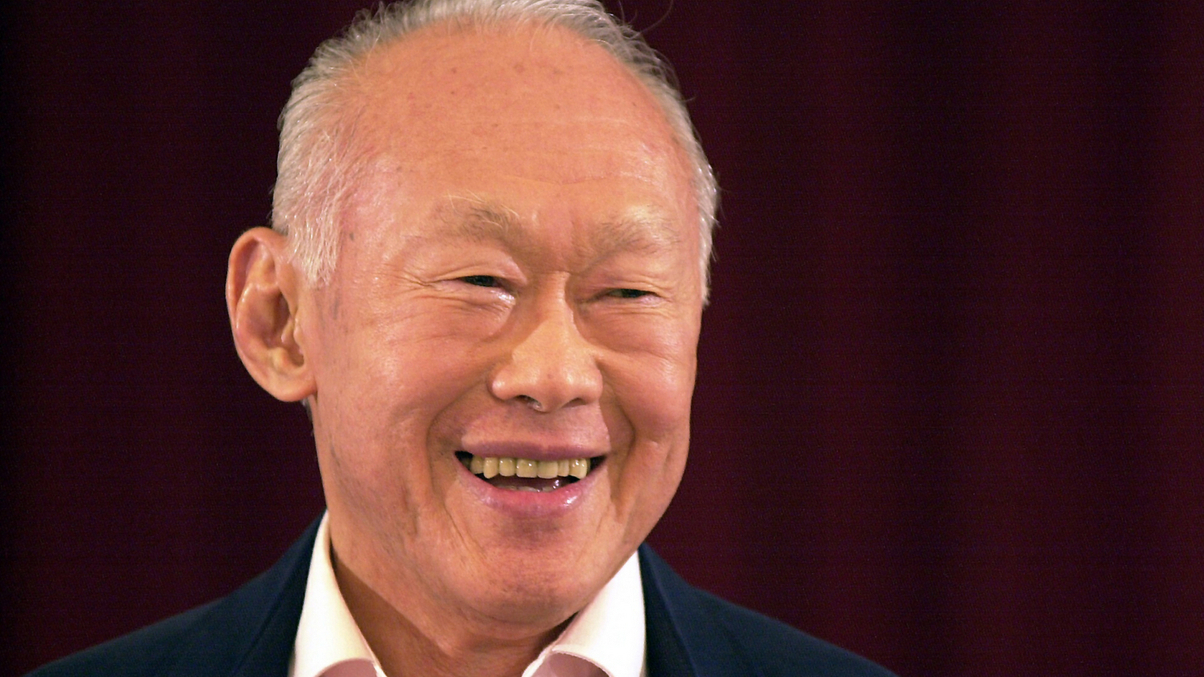Lee Kuan Yew, 1923-2015
The legacy of Singapore’s visionary leader extends beyond Confucian values or authoritarian capitalism.

Lee Kuan Yew, who passed away in the early hours of Monday, March 23, defined post-war, 20th century Asia more than any leader other than Deng Xiaoping.
Sign in to read on!
Registered users get 2 free articles in 30 days.
Subscribers have full unlimited access to AsianInvestor
Not signed up? New users get 2 free articles per month, plus a 7-day unlimited free trial.
¬ Haymarket Media Limited. All rights reserved.


